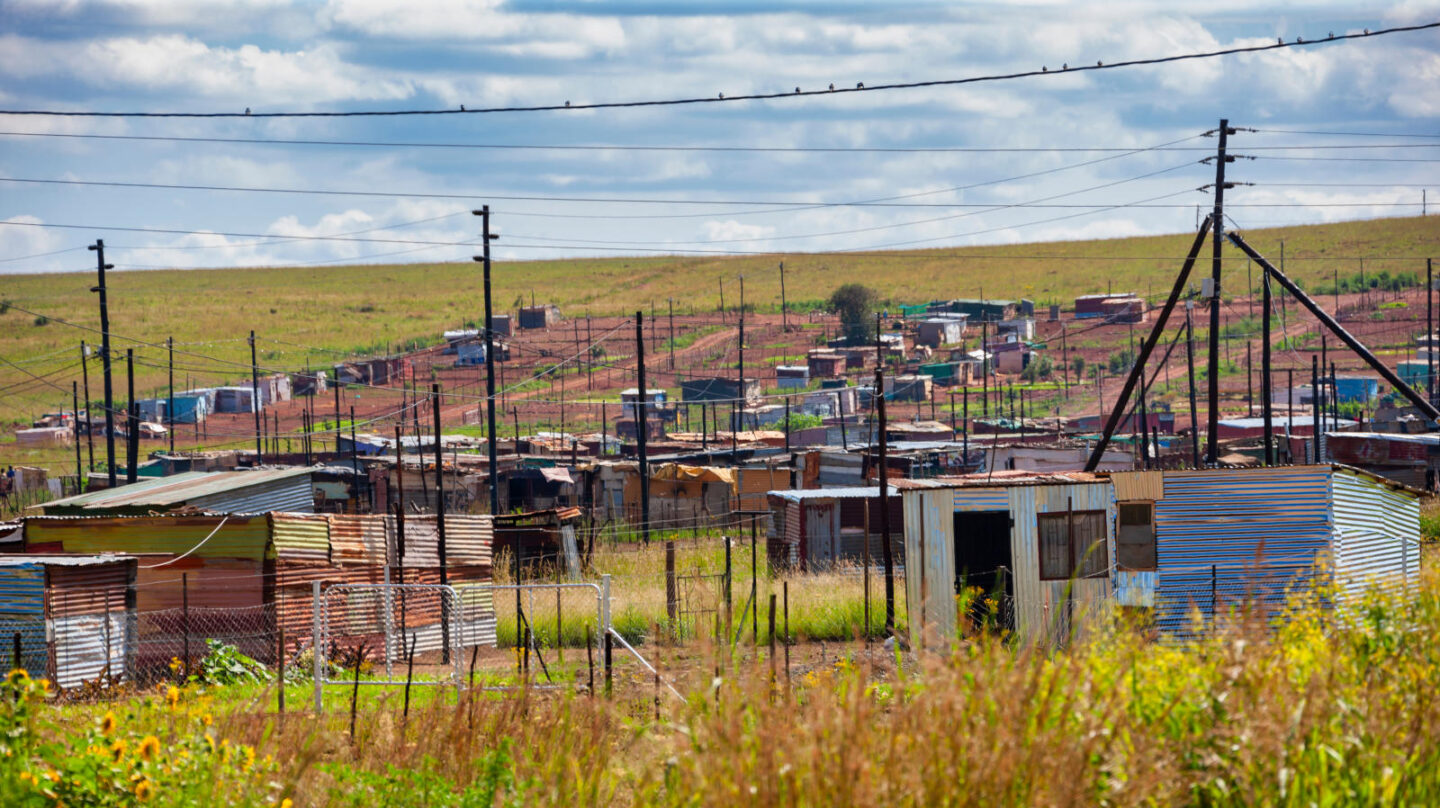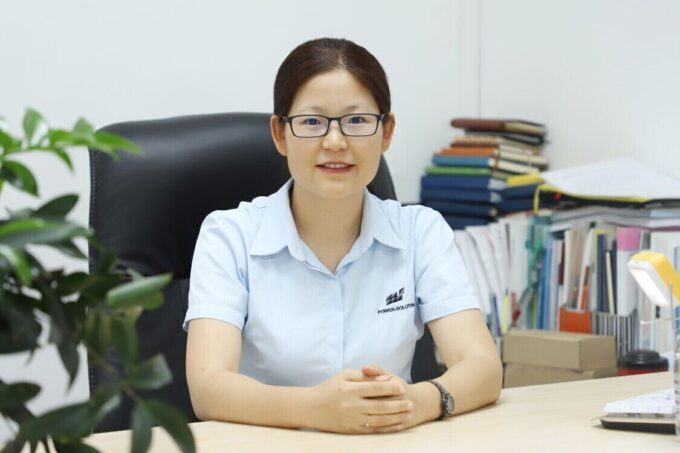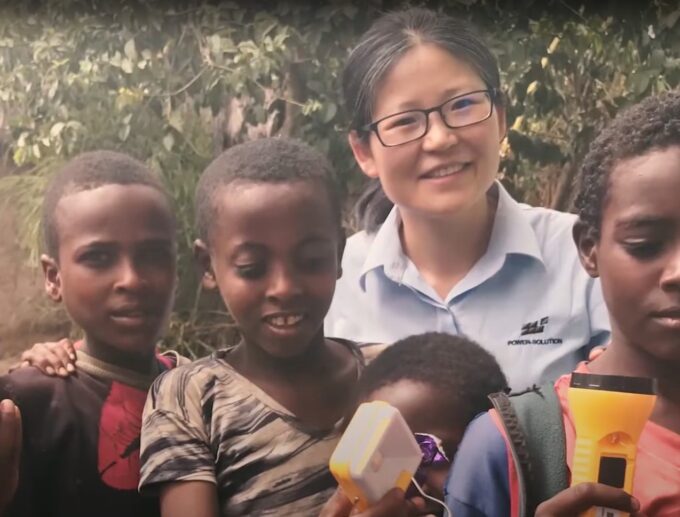There are always needs in the low-end market
In the BOP community, unmet needs – some of them very basic, and taken for granted in developed countries – offer an extensive and untapped market. The International Energy Agency reveals a staggering statistic: nearly 800 million individuals worldwide lack access to electricity, with 75% residing in sub-Saharan Africa. Those living below the poverty line often grapple with the choice of living in darkness after sunset or relying on the dim glow of candles or kerosene lamps, which, besides being costly, pose substantial safety hazards and contribute to numerous fatalities each year, highlighting a critical global issue.
Most BOP residents inhabit rural areas in developing countries, where even basic amenities like lamps are unaffordable luxuries. Consequently, there is a significant demand for lighting solutions among this demographic. In 2009, Shenzhen Power-Solution Ind Co (SPS) addressed this urgent issue. Founded by Li Xia, who experienced BOP challenges in Northeast China as a child, SPS is deeply connected to the issues of resource deprivation. The question is: can this demand translate into viable business opportunities, and can SPS truly succeed?
SPS introduced a product known as “Candles Killer” to meet this market demand. This innovative lamp combines a reading light on one side with a solar panel on the other, mounted on a pedestal. The lamp can be attached to a plastic bottle using an adjustable metal bracket, allowing it to be raised and used as a desk light. Manufactured from eco-friendly materials, the product can also be fixed to a wall, with adjustable angles ensuring optimal functionality.
However, a crucial question remains: can individuals in the BOP segment genuinely afford such a product?












